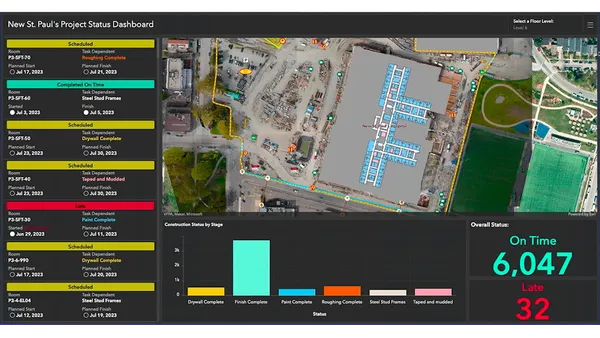Dive Brief:
-
A collaboration between the University of Pittsburgh's Swanson School of Engineering and the Center for Sustainable Landscapes at the Phipps Conservatory and Botanical Garden have developed a life-cycle assessment tool for studying the efficacy of net-zero and other water recycling and re-use systems, Phys.org reported.
-
The LCA analysis is the first of its kind to examine water efficiency and conservation across the use-life of a building and place the effectiveness of systems within the broader context of their local environment.
-
The approach gauges the environmental impact of water re-use systems by accounting for materials and their transportation, construction method and estimated life span for centralized and decentralized water systems.
Dive Insight:
Even as the American Institute of Architects named water reclamation projects as one of the top 10 design trends for the next decade, green building advocates have found a dearth of research and literature affirming the impact (positive or negative) of those systems on the environment. While the reuse of water seems to be prima facie green, full life-cycle analysis of reuse systems could reveal stark performance differences in centralized versus distributed systems, it and could even show that water reuse contributes little to net-zero real estate development efforts.
That’s not to say the planet isn’t facing a critical shortage of the wet stuff. In 2015, WikiLeaks released a government report that cited Nestle data projecting the end of fresh water as we know it by 2050, largely due to meat-centric diets dependent on water-intensive animal husbandry. Data from NASA’s GRACE satellite system bear out those forecasts, indicating that 21 of the worlds 37 largest underground aquifers have become non-sustainable, meaning that water is being removed at a faster rate than the aquifers can recharge.
The Phipps-Pitt collaboration will look to leverage LCA analyses to optimize water use and reuse systems as consumption and conservation inevitably move from a net-zero concern to a global consideration of survivability.













